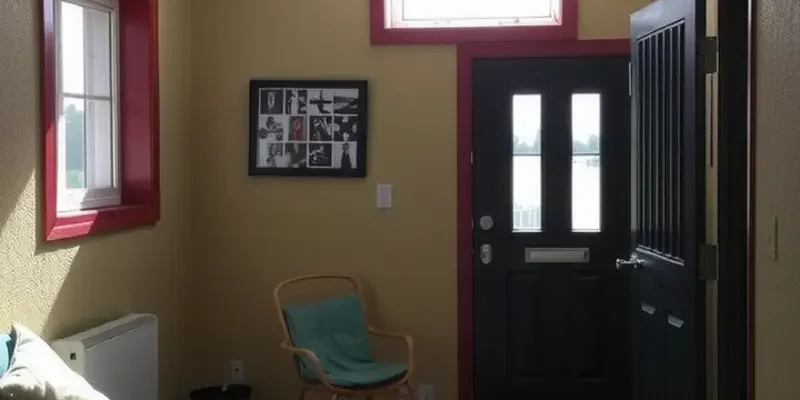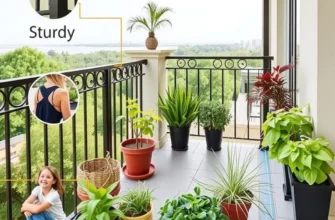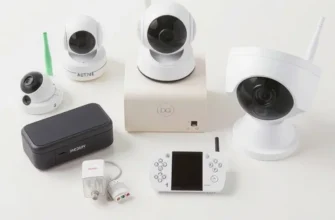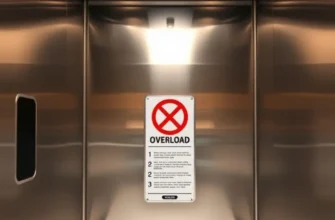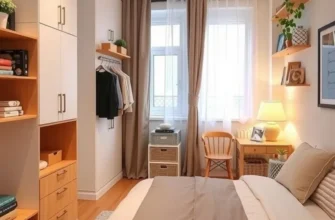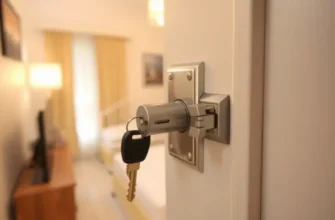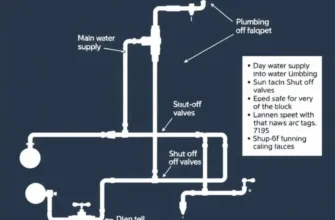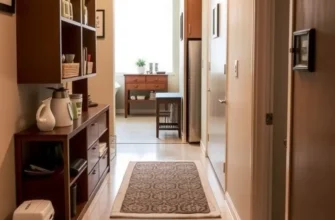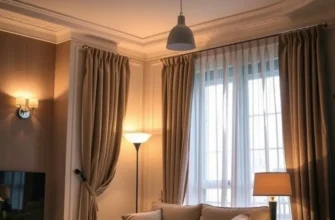Living in an apartment offers unique advantages, but safety should always be a top priority, especially for renters in basement units. These spaces can bring peace of mind, offering more privacy than above-ground units, but they also come with distinct challenges. Basements often face issues related to security, safety from flooding, and inadequate ventilation, which can impact your comfort and well-being. By understanding the potential risks and implementing simple yet effective safety measures, you can create a secure and pleasant living environment. Whether you’re a new renter or seeking to enhance your current safety practices, arming yourself with knowledge and action plans is vital. This guide aims to empower renters with comprehensive insights into navigating and enhancing their basement living experience, ensuring you feel completely at ease in your apartment.
Understanding the Risks: Basement Living
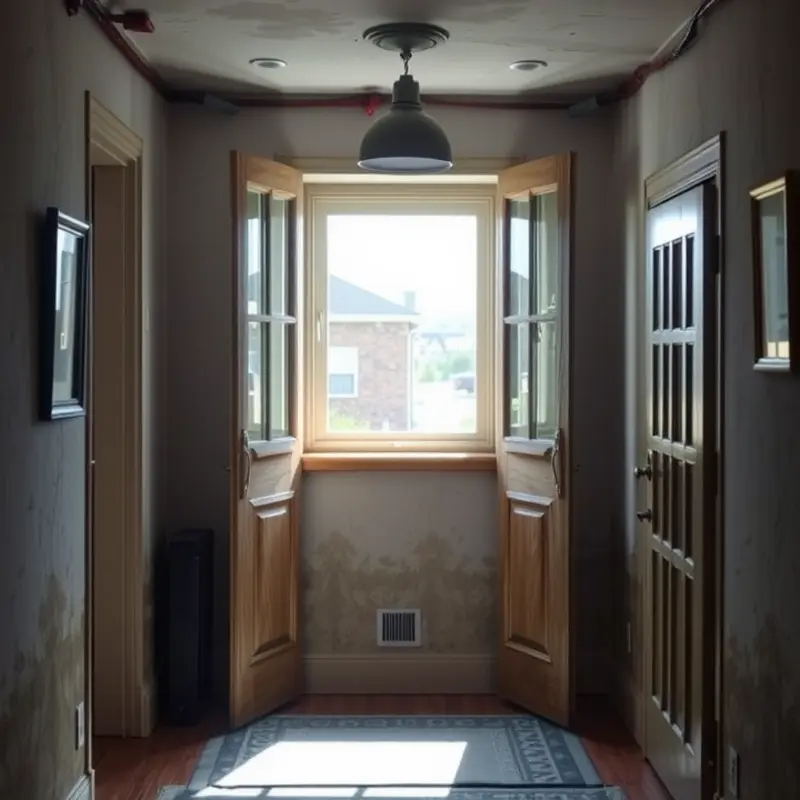
Basement apartments often present unique risks that renters must carefully consider to ensure their safety and comfort. While these units may offer affordability and privacy, they also come with potential drawbacks that should not be overlooked.
Security Vulnerabilities
One of the primary concerns with basement living is the security aspect. Typically, basement windows are closer to the ground, making them easier targets for break-ins. It’s crucial to check if your apartment’s windows have secure locks and consider adding additional security measures like window grilles or alarms. Another consideration is the apartment entry point, often an isolated door that may be out of sight. Ensuring it is sturdy and equipped with a reliable lock can greatly enhance your safety.
Additionally, having limited exits in basement apartments could heighten risks during emergencies. Check for all possible escape routes and ensure that any secondary doors or windows open easily. Knowing your building’s emergency plan and participating in regular drills can aid in being prepared.
Environmental Hazards
A significant downside of basement apartments is their vulnerability to environmental factors, specifically moisture and flooding. Low ceilings and poor ventilation can lead to high humidity, which can affect health and comfort, especially for individuals prone to respiratory issues. Proper apartment ventilation maintenance is paramount to combat these issues, reducing the risk of mold growth and ensuring quality air circulation.
Basements are also at higher risk for floods, whether from severe weather or plumbing issues. Assess the apartment for any signs of previous water damage before signing a lease. Look for watermarks, mold, or a musty smell as indicators of potential moisture problems. It’s wise to inquire with the landlord about any preventive measures in place, such as sump pumps or drainage systems.
Sound and Privacy Issues
Basement apartments often inherit noise from the upper levels, which can be a disturbance factor. Noise from footsteps, plumbing, and heating or air conditioning systems might be more pronounced. Consider soundproofing solutions such as heavy curtains or carpets, which can mitigate noise disturbances.
Privacy can also be a concern since windows are often at eye level with outdoor spaces. Installing blinds or frosted window films can offer additional privacy without sacrificing natural light.
Setting Up for Safety
Once the potential risks are understood, renters can take proactive measures. Regularly maintaining security systems, keeping emergency items like flashlights and first-aid kits handy, and ensuring good communication with neighbors can create a safer living environment. Taking these steps won’t just provide peace of mind; it can also enhance the overall quality of basement living.
Awareness and preparation are key. By understanding these risks, renters can make informed decisions to enhance their safety and comfort in basement apartments.
Practical Safety Tips for Renters
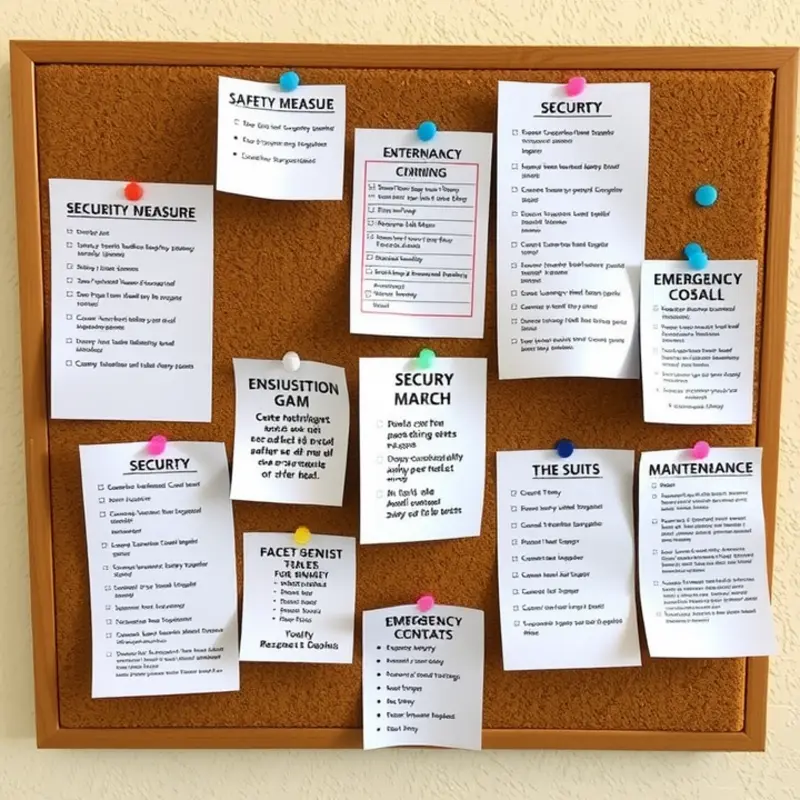
Living in a basement apartment has its unique safety challenges and opportunities for enhancement. By focusing on a combination of security upgrades, emergency strategies, and maintenance routines, renters can significantly boost their living environment’s safety and comfort.
1. Enhance Security Measures
Doors and windows are the primary security frontiers in any basement apartment. Install reinforced door locks and consider an additional security bar for sliding doors or windows. Motion-sensor lighting outside entryways can deter intruders and alert you to unexpected visitors.
Consider installing a basic alarm system. Available options vary from simple door alarms to more comprehensive systems with motion detectors and remote monitoring. Choose a system that suits your needs and budget. Remember, any modifications should be approved by your landlord as per lease agreements and local legislation.
2. Emergency Preparedness
Create a comprehensive emergency plan. Start by establishing exit routes. Basement apartments often have limited exits, so every resident must know the fastest way out.
Stock an emergency kit with essentials such as a flashlight, batteries, non-perishable food, water, and medical supplies. Regularly update it to ensure all items are within their expiration dates. Familiarize yourself with the building’s fire safety equipment, and if it’s lacking, discuss improvements with your landlord.
Subscribe to local alert systems for updates on severe weather or emergencies. This proactive measure can provide valuable time to react to situations like flooding. The article Handling Apartment Flooding details steps to prevent and manage such incidents.
3. Conduct Regular Maintenance Checks
Routine maintenance checks are crucial for identifying potential hazards early. Inspect the apartment’s plumbing regularly. Basement apartments are more susceptible to leaks and dampness, which can lead to mold growth. Report any signs of moisture buildup immediately.
Ensure smoke and carbon monoxide detectors are functioning correctly. Test detectors monthly and replace batteries or units according to the manufacturer’s directions. These devices are critical for early warnings of fire or gas leaks.
Finally, assess the ventilation system. Proper ventilation can prevent mold and improve air quality, crucial elements in a basement setting. Ensure ventilation openings are clear of obstructions, and notify your landlord about any irregularities noticed, such as unusual odors or changes in air flow.
By implementing these proactive safety measures, renters can create a secure and more comfortable living space in their basement apartments. Collaboration with your landlord is key; many safety enhancements will benefit the entire property, making your home safer for everyone.
Final words
Prioritizing safety in your basement apartment is not just about following guidelines; it involves creating a sense of security and comfort in your personal space. By understanding the specific risks and following practical safety measures, you can significantly improve your living conditions. Ensuring your apartment is not only a cozy retreat but also a safe haven allows you to enjoy your home to the fullest. Regularly revisiting safety protocols and maintaining open communication with your landlord can further enhance security. A proactive mindset about safety not only protects your belongings but also contributes to your peace of mind.

